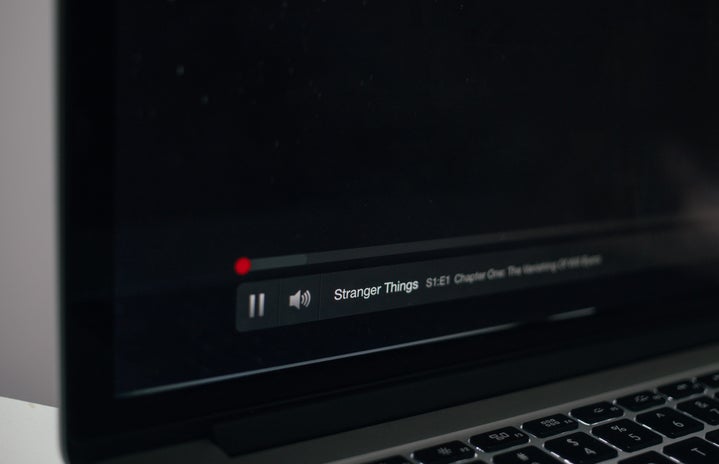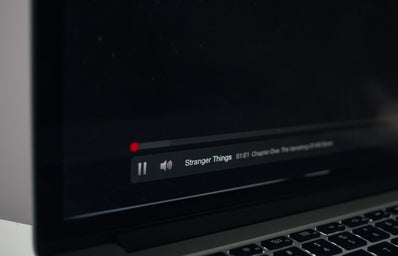This here is a spoiler-free zone.
This past Friday, on Nov. 22, Season 3 of Netflix’s The Dragon Prince debuted, and by Nov. 25, I’d watched the entirety of the new season twice.
For those who are unfamiliar, The Dragon Prince is a fantasy series centered around three young heroes from opposite sides of a warring continent, determined to bring peace to their peoples. The cast is a diverse, complicated crowd of characters with different races, sexualities, abilities and class backgrounds across the board. If you wanted one more quality guarantee, the show was created, in part, by the team that brought us Avatar: The Last Airbender, and it currently holds a 100% score on Rotten Tomatoes.
Interested yet?
This is honestly one of the most wholesome and dynamic shows I’ve ever watched. The story is incredible, and I’m sure you could find a quick summary online, but the thing that drew me into this show more than anything else was that it pushed the “traditional fantasy” genre further than I’d ever seen it taken before.
A regal king sporting dreadlocks? I hadn’t seen that yet. A teenage girl characterized as both goofy and extremely dangerous? Not before this. A deaf, queer female general with a bangin’ asymmetrical haircut? More, please.
What’s more though, The Dragon Prince sets out with some solid theses on what it means to be a good person in this world. At its core, the show is about discovering how hope is the best thing we have and how loving other people is the only way we become stronger. Learning from the past is necessary for growth, and, while that can mean you must learn to forgive yourself, it also means you must acknowledge responsibility for your past mistakes and insist on fixing them.
Another central tenant to The Dragon Prince has been that trust and consent are the most essential parts any relationship. We’ve all seen plenty of shows in which the writers chose to take a miscommunication between characters and blow it up into a massive fallout of lies, confusion and needless drama, but in The Dragon Prince, the creators have chosen to sweep that kind of plotline aside for characters who communicate openly over how they are affecting each other and what they need from one another.
One of my favorite moments from the past season involved two people realizing they’d misunderstood each other, clarifying what they really meant and then reopening the option to continue from that point forward with each other, making sure they were both still comfortable with their future together.
What I think is essential here is that the writers respect their story enough not to create drama around people neglecting to listen to each other. Instead, they build their story around people consistently trying harder to understand each other better. It has meant the world to me to watch a story unfold with that as a priority, for once, and for that reason, I can’t recommend The Dragon Prince enough.


